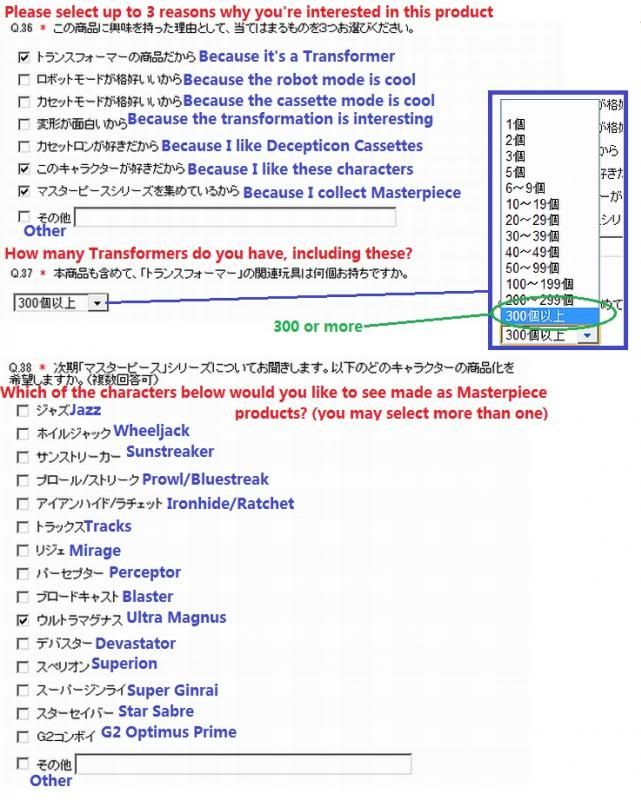
Originally Posted by
griffin
7 - Short-term gain is more important than long-term loyalty of Consumers. It is more important to excessively order the "Launching-Wave", to get more people in your store first, and make sure you outlast a competitor, just in case it is a popular product. This is more applicable to short-lived promotions (like Halloween) and Movie Toylines (that only have a small window of demand while it is in Theatres). But in the last two years, the mainline of Transformers have been treated the same, with excessive amounts of Wave 1 product in stores, that takes 6-8 months to move in most stores. And by then, most follow-up waves are missed by most Retailers, or the Line is discontinued completely by a Retailer. Consumers stop going back to a Store, that they have lost faith in, and it is the Major Retailer's fault for over-ordering on a long-term, non-movie line, instead of pacing itself across the first few Waves.
If each Retail Store only has a limited amount of demand in its area to sell toy products, and they know what their area's demand is over the years, why would a Retailer's Product Buyer, force the Stores to stock more than their area can sell. Why over-saturate the Market, and prevent future profit by preventing enough turn-over to order in new stock? Over-saturate to the extent of having to discount at a loss, just to get rid of the excess stock.... and tarnishing the integrity of the Brand to both the Retailer and the Consumer. The end result has the Retailer labelling the Brand as toxic and less interested in buying it next time, but it was their own CHOICE that prevented them from making a full profit to begin with.
For example, if a Store knows that it usually has demand for about 4 of each character toy in their Action Figure lines, should the Retailer's Product Buyer order 4 of each of the first 3 waves and sell all 12 at full price, or, order 12 of the first wave and only sell 4 at full price?
Are the Major Retailer Buyers that stupid to not see how simple that is, or do they not care about what the individual Stores now have to deal with? You don't maximise profits by over-saturating the Market on a long-term Product Line and wash your hands of the responsibility of what Stores have to do with them. Otherwise, the individual Stores then have to sell a lot of them on sale, or even at a loss, without even once restocking to be able to sell more Product at full-price.
In both 2012 and 2013, that's exactly what happened with Transformers - Prime in 2012, Beast Hunters in 2013. The Retailers must have treated them like short-lived Movie lines, and ordered the amount of Wave 1 stock that they should have ordered over 3 Waves. Over, and then had to sell a lot of it at a loss. Since the Major Retailers did the same thing in 2011 with the third Transformers Movie Line, the blame could indeed be on them, but pressure from Hasbro could be in play in the following two years, to keep their sales figures from dropping too much between Movies.
If Major Retailers don't plan ahead on their Ordering and have an idea of what their Store's saturation point is for their long-term Toylines, more Consumers are going to look to other sources that were able to restock, because they didn't over-saturate the Market with the first wave... and often that means overseas purchasing.
Originally Posted by griffin






 Reply With Quote
Reply With Quote













